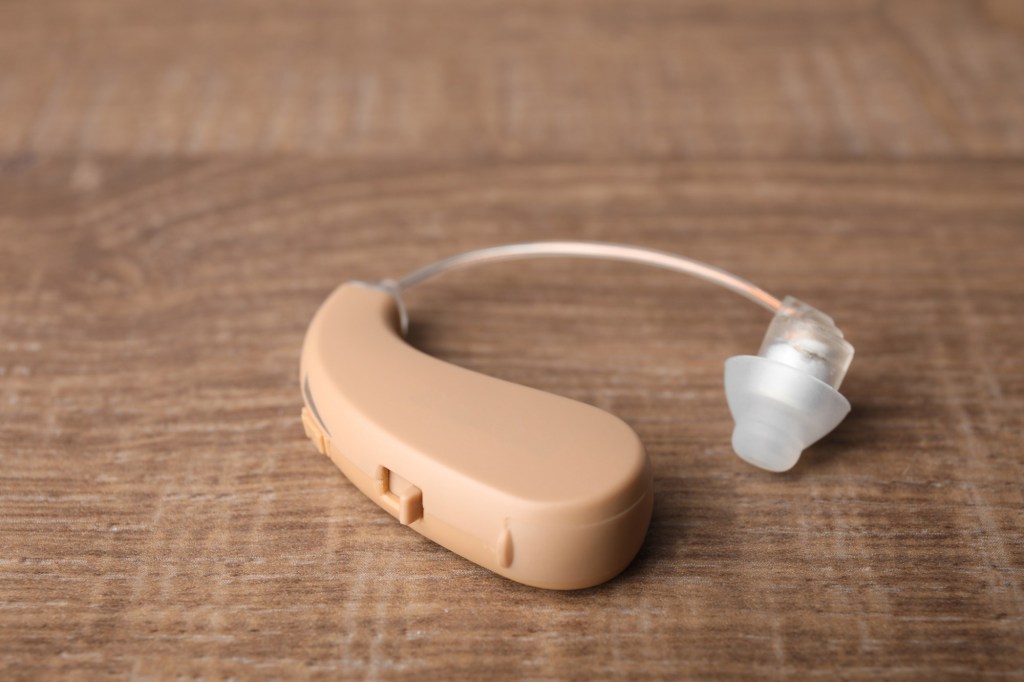Using hearing aids can slow cognitive decline in older adults with hearing loss who are also at risk for memory and thinking problems, according to recent research.
A large clinical trial found that for older adults at risk of cognitive issues, using hearing aids for three years cut their rates of cognitive decline in half.
While previous research has shown that hearing loss is a risk for developing dementia, the Aging and Cognitive Health Evaluation in Elders (ACHIEVE) study was the first randomized, controlled clinical trial to assess the effect of intervening with hearing aids. Results from the study were reported at the Alzheimer’s Association International Conference and simultaneously published in The Lancet.
David Knopman, M.D., a Mayo Clinic neurologist and study co-investigator, says the study shows positive benefits in delaying cognitive decline for people roughly age 75 and older with hearing loss.
“Older individuals who are at risk for cognitive decline but who are still (cognitively) normal, who can still operate the hearing aids, who won’t lose the hearing aids, are likely to achieve some benefit,” Dr. Knopman says.
Study: Hearing aids slowed cognitive decline by 48%
The ACHIEVE study, conducted at four U.S. sites, is a randomized trial of older adults aged 70 to 84 with untreated hearing loss who were free from substantial cognitive impairment. Nearly 1,000 participants were recruited from two study populations: 238 adults participating in the Atherosclerosis Risk in Communities (ARIC) study, and 739 healthy community volunteers. At the start of the trial, all study participants had mild to moderate hearing loss typical of older adults but no substantial cognitive impairment.
The three-year intervention included the use of hearing aids, a hearing “toolkit” to assist with self-management and ongoing instruction and counseling with an audiologist.
In the total study…
Read the full article here







